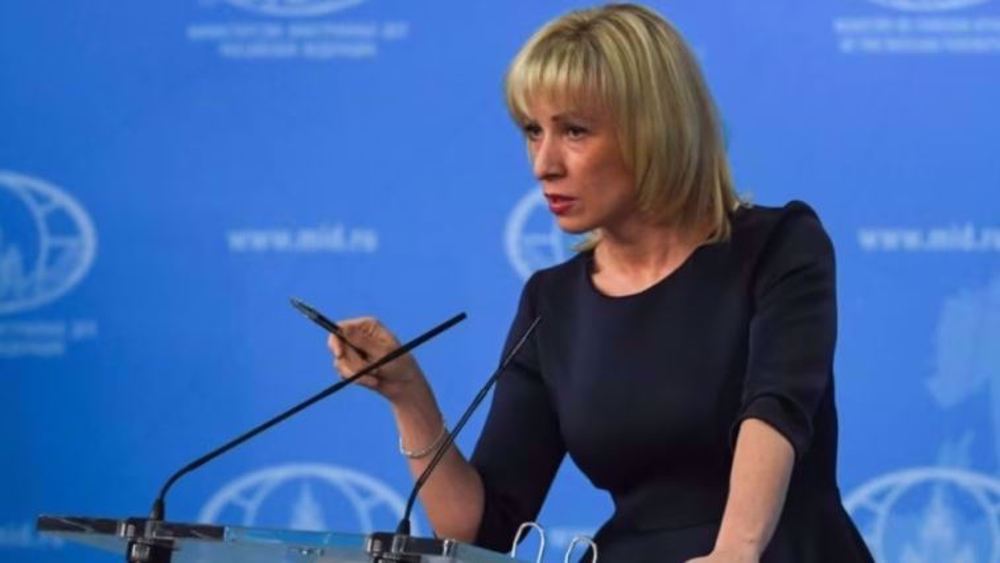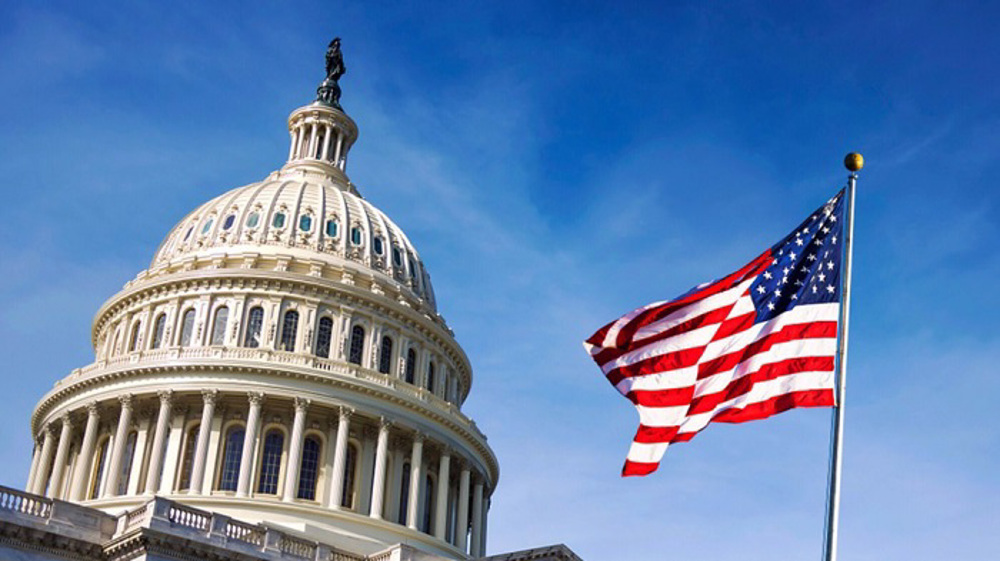US after economic pressure on North Korea as Trump cringes away from military action
The United States is pushing for tougher UN sanctions against North Korea, including an oil embargo, a ban on textile exports and the hiring of North Korean laborers abroad as well as a travel ban and asset freeze for Kim Jong-un.
US Ambassador to the United Nations Nikki Haley asked the Security Council on Wednesday to vote on Monday on a draft resolution for the new sanctions over North Korea’s sixth and largest nuclear test.
The new draft UN resolution would ban exports of crude oil, condensate, refined petroleum products, and natural gas liquids to North Korea. China supplies most of North Korea’s oil with roughly 500,000 tons of crude oil and 200,000 tons of oil products annually, followed by Russia with 40,000 tons of crude oil.
It would also impose a complete ban on the hiring and payment of North Korean laborers abroad, estimated to be between 60,000 and 100,000. According to a UN human rights investigator in 2015, North Korea was forcing more than 50,000 people to work abroad, mainly in Russia and China, earning between $1.2 billion and $2.3 billion a year.
The resolution aims to ban textiles exports, which were North Korea’s second-biggest export after coal and other minerals in 2016, totaling $752 million, according to data from the Korea Trade-Investment Promotion Agency. Nearly 80 percent of the textile exports went to China.
Along with Kim Jong-un, the draft resolution would also impose a travel ban and asset freeze on four other senior North Korean officials. If it is adopted, the assets of military-controlled airline, Air Koryo, would also be frozen. It flies to Beijing and a few other cities in China as well as Vladivostok in Russia.
See More:
- US ready to use ‘nuclear capabilities’ against North Korea: White House
- US attack on N Korea has ‘no guarantee of success’: Ex-CIA official
- Pyongyang says ready to send ‘more gift packages’ to US
A resolution needs nine votes in favor and no vetoes by the United States, Britain, France, Russia or China to be adopted. Since 2006, the Security Council has unanimously adopted eight resolutions against North Korea over its ballistic missile and nuclear programs.
The Security Council last month imposed new sanctions over North Korea’s two long-range missile launches in July. The August 5 resolution is aimed at slashing by a third Pyongyang’s $3 billion annual export revenue by banning coal, iron, lead, and seafood.

In a dramatic change of tone hours after Donald Trump spoke by phone with Chinese President Xi Jinping, the Republican president said that military action is not his "first choice" to address North Korea's ongoing moves. Trump had previously promised “fire and fury" upon North Korea, and during a conversation with Japanese Prime Minister Shinzo Abe, he even had said he was ready to use nuclear weapons against the North.
"We'll see what happens. We'll see what happens," Trump said when asked if he was still considering military action. "Certainly that's not a first choice, but we'll see what happens."
Trump said that he believed he and Xi are on the same page following what he described as a "very, very frank and very strong phone call." "We will not be putting up with what's happening in North Korea. I believe that President Xi agrees with me 100%,"
The White House said both leaders were committed to taking "further action" aimed at "denuclearizing" the Korean peninsula.
Trump's strategy is to convince China to help dissuade North Korea from continuing its nuclear program.
It was not immediately clear if the draft resolution had the support of North Korean ally China but Russia’s UN Ambassador Vasily Nebenzya said a Monday vote may be “a little premature.” And earlier in the day during a meeting with his South Korean counterpart, Moon Jae-in, on the sidelines of an economic summit conference in the far-east Russian city of Vladivostok, Russian President Vladimir Putin reiterated that resolving the North Korean crisis was impossible with sanctions and pressure.
On Tuesday, UN Secretary General Antonio Guterres urged countries "to come together with a single strategy to deal with the government of the DPRK," and to avoid using a "confrontational rhetoric." "Confrontational rhetoric may lead to unintended consequences. The solution must be political," Guterres said, adding, "The potential consequences of military action are too horrific."
North Korea, under mounting international pressure over its missile and nuclear programs, says it needs to continue and develop the programs as a deterrent against hostility by the United States and its regional allies, including South Korea and Japan.
UN agency chief for Palestinians urges probe into staff killings
200 days of Israeli war on Gaza and 200 headlines whitewashing genocide
VIDEO | 200 days of US-Israeli genocide
Iran’s security chief in Russia to underline Israel’s aggression
VIDEO | Smoke rises from Gaza as fighting continues
ICRC decries escalating Israeli raids across occupied West Bank
Israel still prevents food convoys from reaching north of Gaza: UNRWA
NYPD arrests multitude of pro-Palestine students at NYU campus











 This makes it easy to access the Press TV website
This makes it easy to access the Press TV website